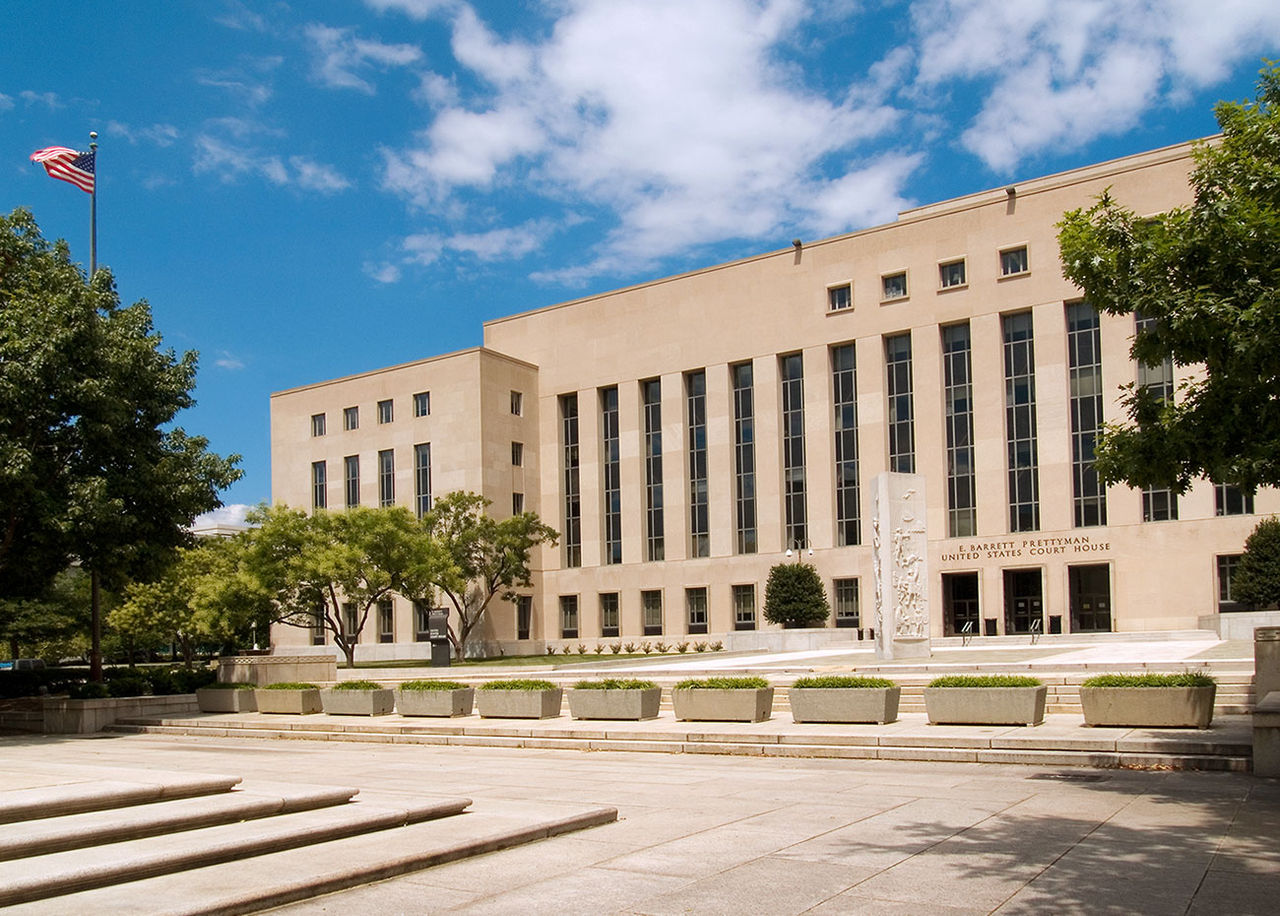A split federal appeals court is allowing President Donald Trump to fire members of independent executive agencies without cause.
In a 2-1 order issued March 28, the U.S. Court of Appeals for the District of Columbia Circuit halted decisions by district court judges that had blocked Trump’s removal of Gwynne Wilcox as chair of the National Labor Relations Board (NLRB) and Cathy Harris as chair of the Merit Systems Protection Board (MSPB).
The two women were appointed by then-President Joe Biden. Both have once again been removed from their posts while litigation plays out.
The ruling is a victory for the Trump administration’s efforts to exert control over regulatory agencies that Congress intended to operate with some independence from the executive branch. Federal law limits the president’s ability to remove the board members who oversee these agencies, but the Trump administration has argued those limits are unconstitutional. The laws governing many independent agencies typically permit the president to fire members only for specific reasons, such as misconduct or neglect. The legal showdown is likely destined for the U.S. Supreme Court.
SHRM Resource Hub: The First 100 Days
Lower-court judges had issued injunctions preventing Trump from firing Wilcox and Harris. The NLRB was down to two members after Wilcox was fired in January and briefly had a quorum again once she was reinstated March 6. Wilcox had challenged her termination from the board, which she said must be for cause, soon after it happened.
In addition to Wilcox and Harris, Trump fired the two Democratic members of the Federal Trade Commission, the head of the Office of Special Counsel, a member of the Federal Labor Relations Authority, and more than a dozen inspectors general.
Similarly, two Democrat-appointed commissioners on the U.S. Equal Employment Opportunity Commission — Jocelyn Samuels and Charlotte Burrows — were fired and said they would explore their legal options to challenge their removal. The EEOC has been without a quorum since January. Without a quorum, the EEOC cannot initiate formal rulemakings but can initiate certain litigation and investigations.
SHRM Webinar: Navigating Title VII Compliance amid Recent DEI Policy Changes
The latest appellate court ruling technically applies only to the NLRB, which enforces labor laws on unionization and unfair workplace practices, and the MSPB, which hears workplace grievances from federal employees. But the precedent will undoubtedly shape the litigation around the firing of other independent agency members.
An organization run by AI is not a futuristic concept. Such technology is already a part of many workplaces and will continue to shape the labor market and HR. Here's how employers and employees can successfully manage generative AI and other AI-powered systems.




